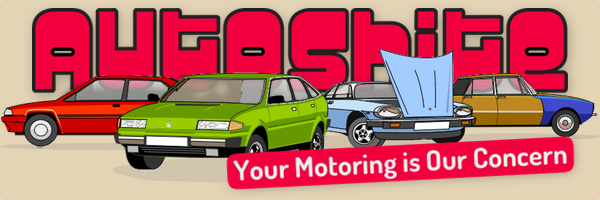bangernomics, where do you draw the line?
-
Similar Content
-
Neighbours motors / noteable motors around where you grew up... 1 2
By Lord Sterling,
- 45 replies
- 2,845 views
-
- 423 replies
- 38,289 views
-
Car insurance. Where's the logic?!
By Lanciaman,
- 12 replies
- 634 views
-
Where did all the 205s go ?
By castros_bro,
- 7 replies
- 873 views
-
If you were a car, the car that is like you
By Dyslexic Viking,
- 23 replies
- 629 views
-






Recommended Posts
Create an account or sign in to comment
You need to be a member in order to leave a comment
Create an account
Sign up for a new account in our community. It's easy!
Register a new accountSign in
Already have an account? Sign in here.
Sign In Now